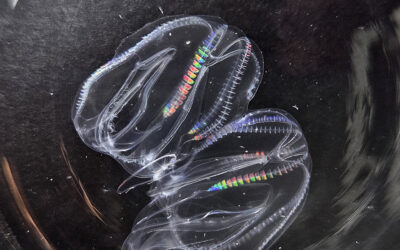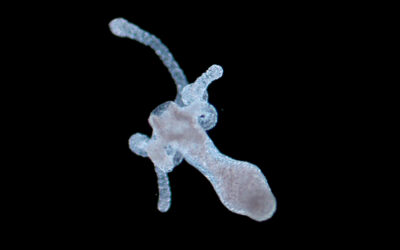It is annoying when your garden hose is blocked or electrical wire is damaged, but these drawbacks do not usually lead to serious consequences. The situation, however, is quite different when it comes to blood vessels. When vessels are blocked or damaged, this reduces the blood supply around the body—called ischemia—which can damage the surrounding tissue or organs and can lead to serious ischemic diseases.
In their recent publication in Advanced Functional Materials, Young Joon Hong, Sang-Mo Kwon, Dong-Woo Cho, and co-workers from Pohang University of Science and Technology and Pusan National University, describe their transplantation of stem cells and drug-laden bio-blood-vessels (BBVs) as a treatment for ischemic diseases. This novel hybrid bioink is prepared by mixing vascular-tissue-derived decellularized extracellular matrix (VdECM) from porcine aortic tissue and sodium alginate hydrogel.
Compared to type-I collagen (COL), the hybrid bioink performs very well under in vitro evaluation: it achieves a significantly higher proliferation rate, better differentiation, and higher viability by providing an endothelial progenitor cell (EPC)-friendly environment.
After 3D coaxial cell printing, the product is incubated at 37 °C for 30 minutes to facilitate the thermal gelation of VdECM. Then, the water-soluble CPF127 is removed by immersion to obtain hollow BBVs.
To evaluate the therapeutic effect, the hollow, drug-laden BBV is transplanted into the hind limb of a nude mouse. The transplant supports the survival of EPCs and reinforced neovascularization, leading to remarkable recovery of injured tissue.
To find out more, please visit the Advanced Functional Materials homepage.

















